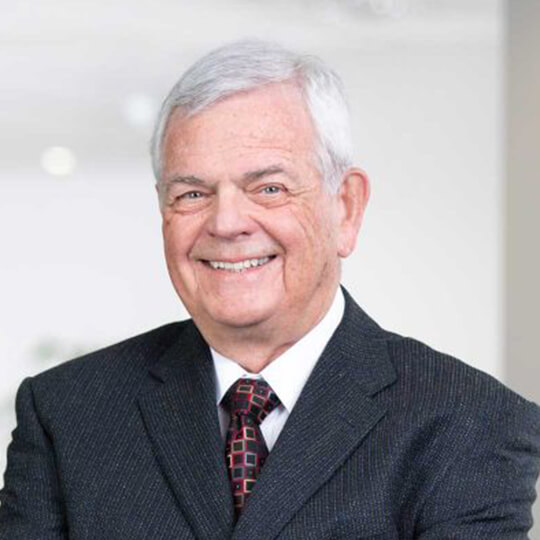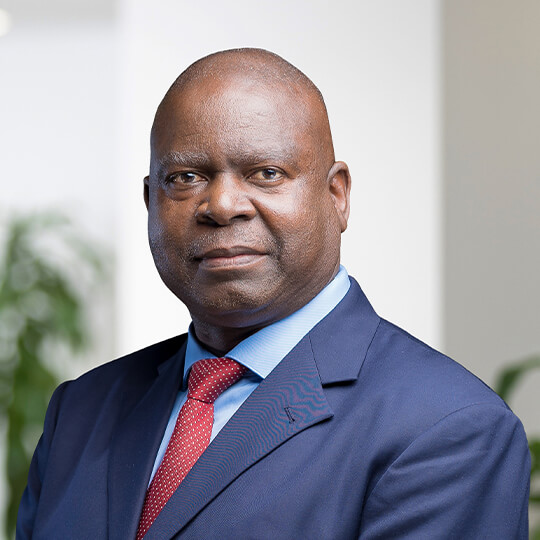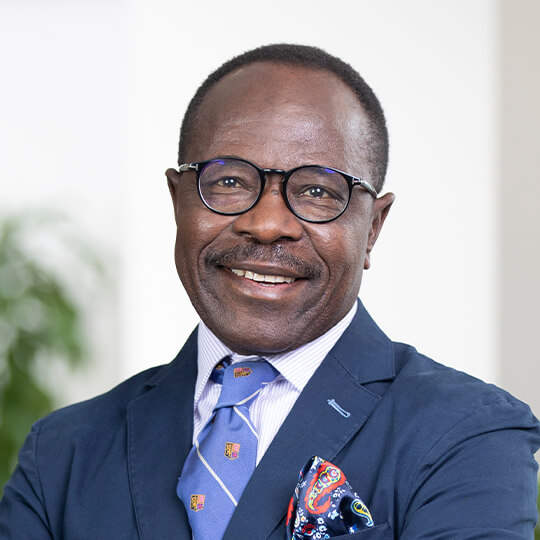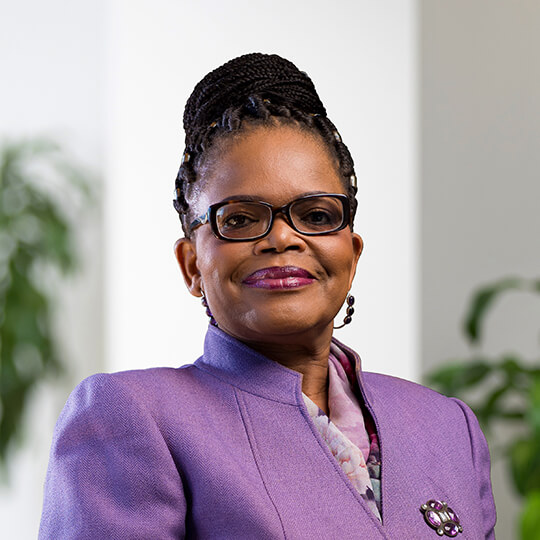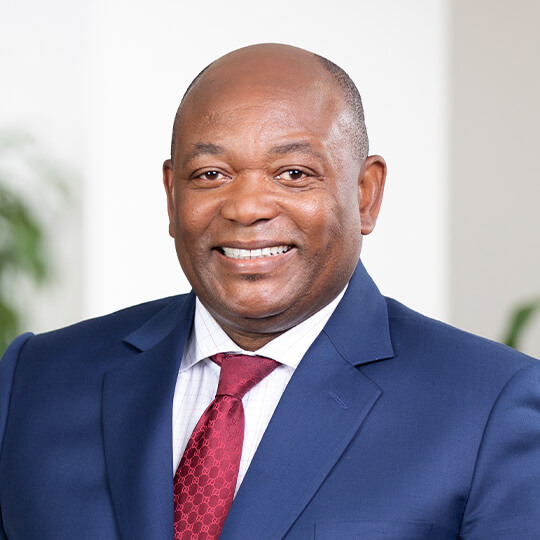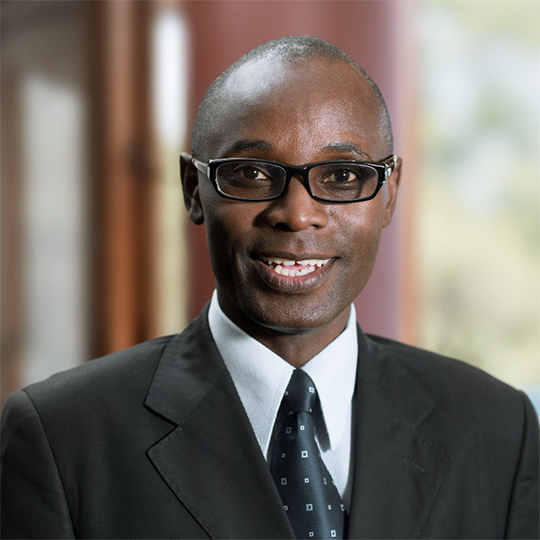Econet continues on Digital Transformation journey
Telecommunications giant, Econet Wireless Zimbabwe has promised to continue with its digital transformation journey to become a digital service provider focusing on the unique opportunities brought by the adoption of the digital lifestyle. The country’s largest mobile network provider said this in its recent trading update for the third quarter ending November 2021. “The group will continue to focus on the unique opportunities brought by the adoption of the digital lifestyle as we continue on our transformation journey to become a digital service provider,” the update reads. “Our pioneering and innovation culture continues to play an integral role in ensuring that we understand and meet the needs of our customers”. Econet Wireless Zimbabwe Limited is the largest mobile telecommunications, technology and digital solutions company in Zimbabwe. The company was listed on the Zimbabwe Stock Exchange (ZSE) in September 1998 after launching its commercial operations in July 1998. Econet Wireless said the group has noticed a growth of 43 percent and 6 percent data and voice traffic respectively. “Bridging the digital divide and delivering a digital lifestyle through connectivity, gaming, and music streaming continued to be an important theme during the period.
“Data and voice traffic grew by 43 percent and 6 percent respectively compared to previous year,” said the group. The group said it witnessed a testimony in creating a digitally connected future that leaves no Zimbabwe behind whereby it commissioned 80 Long-Term Evolution (LTE) new sites as part of its LTE densification program, including the extension of high-speed data coverage to rural areas. “During the period under review we received spectrum from the regulator (Postal Telecommunications Regulatory Authority of Zimbabwe) which will pave the way for us to introduce new services bringing more convenience to our customers,” said Econet Wireless. In fighting national grid power outages which continue to affect network availability, Econet Wireless said the group is accelerating the installation of solar power solutions as they saw increased usage of already installed diesel-powered generators.
